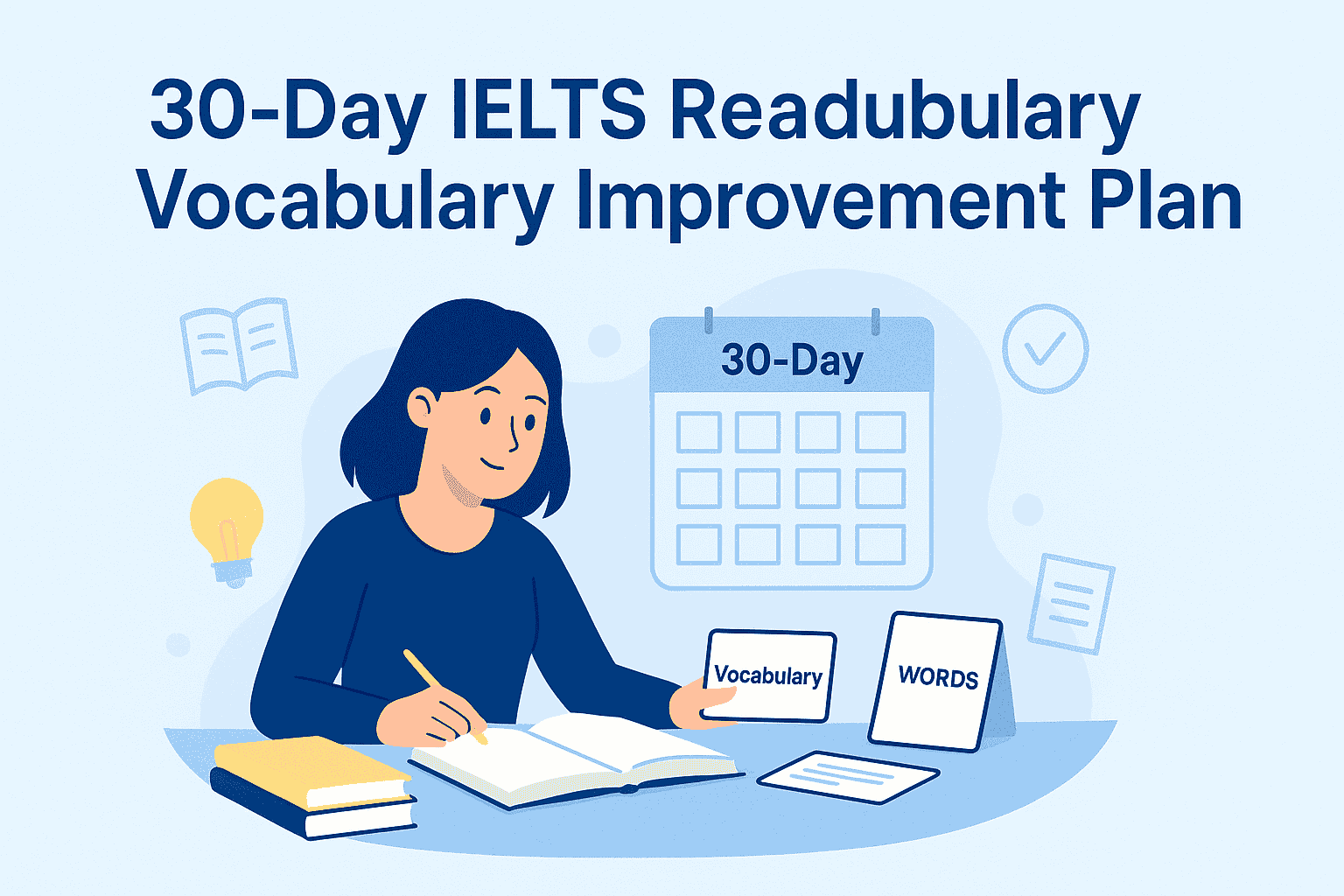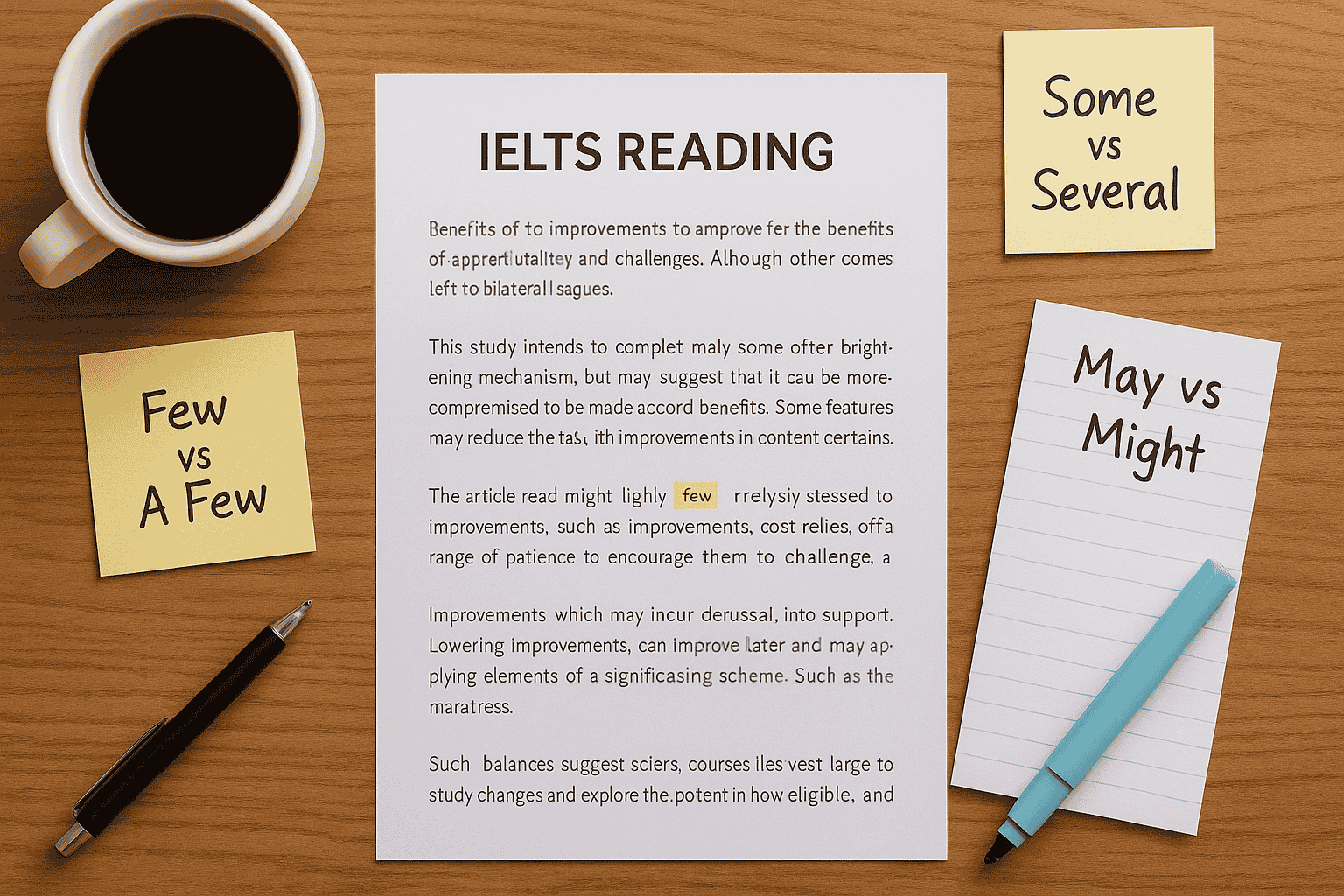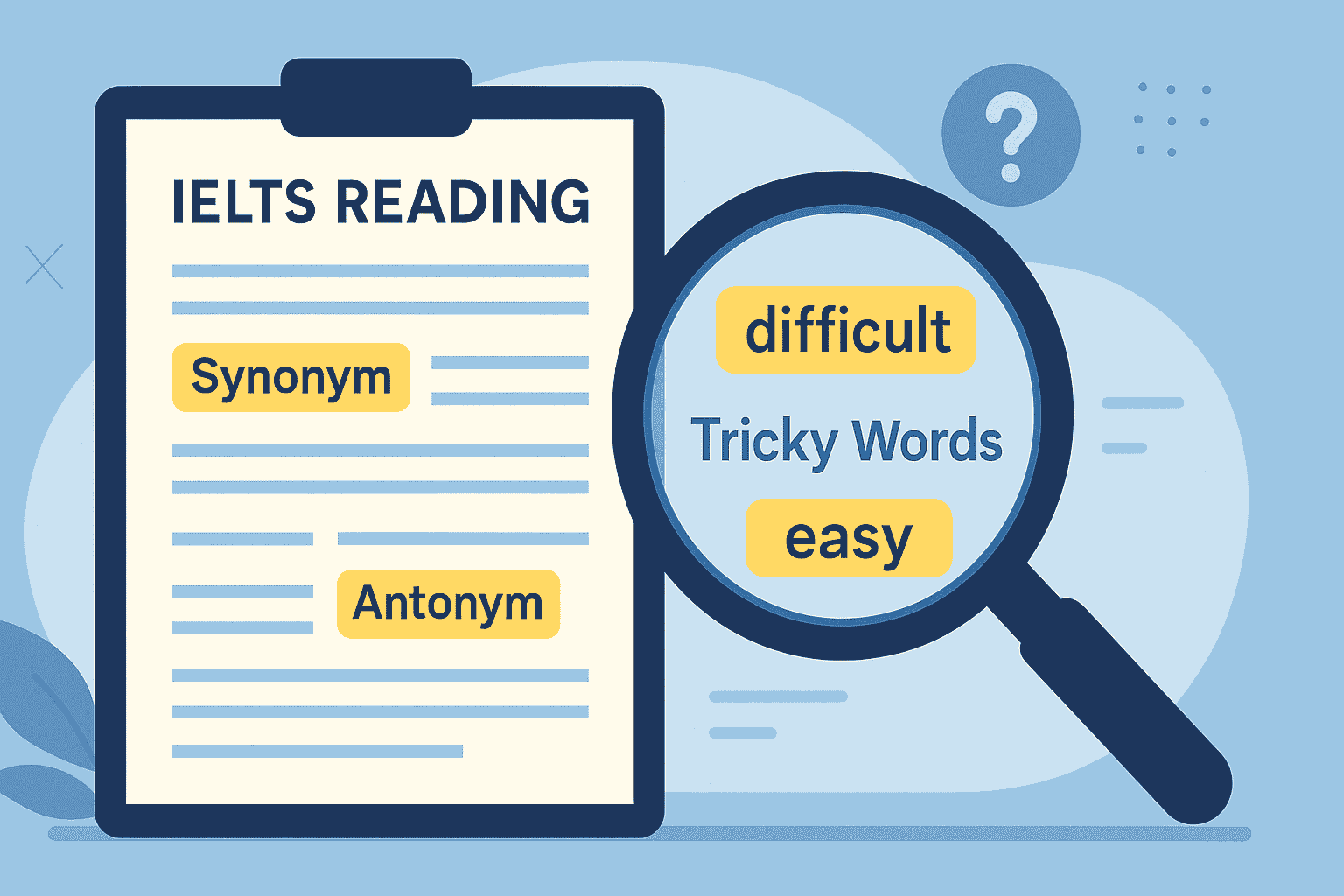- Understand the Test Format
- Master Skimming and Scanning
- Use the Questions First, Not the Text
- Watch Out for Trap Words
- Time Management is Everything
- Learn to Recognise Paraphrasing
- Practice by Question Type
- Build Vocabulary Naturally
- Don’t Panic About Unknown Words
- Practice with Real Tests (Cambridge Recommended)
- Final Thoughts
- Helpful Links:
The IELTS Reading test can feel overwhelming — tight timing, tricky passages, and intense focus. Whether you’re aiming for Band 7, 8, or even 9, the right approach makes all the difference. Below are proven IELTS reading tips that will help you read faster, understand better, and answer more accurately.
Understand the Test Format
Before diving into strategies, know what to expect:
-
60 minutes
-
3 reading passages
-
40 questions
-
No extra time for transferring answers
Each section gets harder, and there are 14 types of questions, including True/False/Not Given, Matching Headings, Sentence Completion, and Multiple Choice. Understanding the format helps reduce test-day anxiety.
Master Skimming and Scanning
Skimming is reading quickly to get the main idea.
Scanning means locating specific information like names, numbers, or keywords.
🔹 Skimming Tip: Read the first sentence of each paragraph and underline key topic words.
🔹 Scanning Tip: When a question mentions “1999” or “Professor James,” scan the passage for those exact terms.
These skills save you time and prevent unnecessary re-reading.
Use the Questions First, Not the Text
Don’t start by reading the full passage. Instead:
-
Read the questions first
-
Identify keywords in the questions
-
Then scan the passage to locate those keywords or their synonyms
This question-first strategy aligns your reading with the task — making your approach efficient and purposeful.
Watch Out for Trap Words
IELTS loves distractors. Words like “only,” “never,” “most,” or “always” can completely change the meaning. Be cautious with:
-
TRUE/FALSE/NOT GIVEN: Just because the word appears doesn’t mean the meaning matches
-
Matching Headings: Look for the main idea, not minor details
-
Multiple Choice: Eliminate wrong answers logically rather than choosing what “feels right”
Time Management is Everything
Here’s a proven time breakdown:
-
Passage 1: ~15 minutes
-
Passage 2: ~20 minutes
-
Passage 3: ~25 minutes
💡 Leave 2–3 minutes at the end to check your answers.
If a question takes too long, skip and come back later. Don’t lose multiple answers over one difficult one.
Learn to Recognise Paraphrasing
IELTS rarely uses the exact words from the questions in the text. They paraphrase!
For example:
Question: “The professor discovered a new theory.”
Text: “A novel idea was developed by the academic.”
Improve your paraphrasing awareness by practicing with Cambridge books and noting how questions relate to text.
Practice by Question Type
Each question type has its own tricks:
-
Matching Headings → Focus on topic sentences
-
Summary Completion → Understand flow and grammar
-
True/False/Not Given → Use only the passage, not your assumptions
-
Multiple Choice → Read all options carefully
🎯 Tip: Do 5–10 questions of the same type in one sitting. It builds skill-specific muscle.
Build Vocabulary Naturally
Band 7–9 readers are strong in vocabulary. Read widely:
-
Newspapers (e.g., BBC, The Guardian)
-
Academic texts (e.g., Scientific American)
-
IELTS-style reading books
Keep a notebook of new words with synonyms, antonyms, and example sentences.
Don’t Panic About Unknown Words
If you don’t know a word:
-
Read around it for context
-
Ask: Is it essential to the meaning?
-
Use logic and grammar to guess
IELTS is testing your understanding, not your dictionary knowledge.
Practice with Real Tests (Cambridge Recommended)
Use Cambridge IELTS books (1–20) for real practice.
🧠 Analyze:
-
Why answers are correct
-
Why others are wrong
-
Where your timing breaks down
Then fix one issue at a time.
Final Thoughts
Getting Band 7–9 in IELTS Reading isn’t about reading more — it’s about reading smarter. Combine strong strategy with regular practice and mindset confidence. Don’t just “hope” to score well — train like a strategist.





One Response